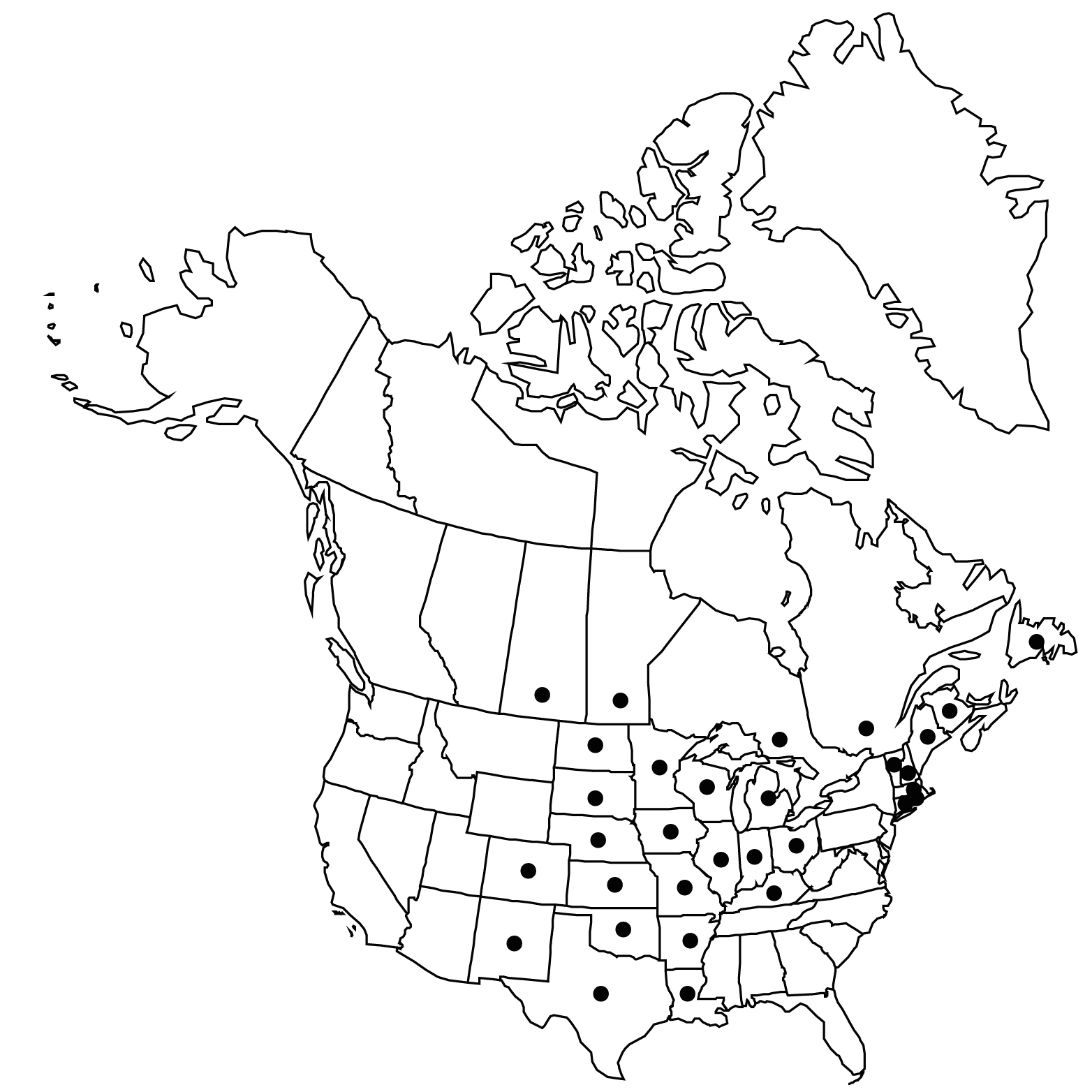Difference between revisions of "Heliopsis helianthoides var. scabra"
Rhodora 44: 340. 1942.
FNA>Volume Importer |
imported>Volume Importer |
||
| (2 intermediate revisions by 2 users not shown) | |||
| Line 8: | Line 8: | ||
}} | }} | ||
|common_names=Héliopside scabre | |common_names=Héliopside scabre | ||
| + | |special_status={{Treatment/ID/Special_status | ||
| + | |code=F | ||
| + | |label=Illustrated | ||
| + | }}{{Treatment/ID/Special_status | ||
| + | |code=E | ||
| + | |label=Endemic | ||
| + | }} | ||
|basionyms={{Treatment/ID/Basionym | |basionyms={{Treatment/ID/Basionym | ||
|name=Heliopsis scabra | |name=Heliopsis scabra | ||
| Line 61: | Line 68: | ||
|publication title=Rhodora | |publication title=Rhodora | ||
|publication year=1942 | |publication year=1942 | ||
| − | |special status= | + | |special status=Illustrated;Endemic |
| − | |source xml=https:// | + | |source xml=https://bitbucket.org/aafc-mbb/fna-data-curation/src/2e0870ddd59836b60bcf96646a41e87ea5a5943a/coarse_grained_fna_xml/V19-20-21/V21_149.xml |
|tribe=Asteraceae tribe Heliantheae | |tribe=Asteraceae tribe Heliantheae | ||
|subtribe=Asteraceae (tribe Heliantheae) subtribe Ecliptinae | |subtribe=Asteraceae (tribe Heliantheae) subtribe Ecliptinae | ||
Latest revision as of 20:10, 5 November 2020
Leaf blades deltate to narrowly ovate-lanceolate, 6–12 × 2–5 cm, faces moderately to densely scabrellous to scabrous.
Phenology: Flowering late spring–early fall.
Habitat: Open woods, prairies, old pastures, edges of fields, meadows, road banks, ditches
Elevation: 0–2300 m
Distribution

Man., N.B., Nfld. and Labr. (Nfld.), Ont., Que., Sask., Ark., Colo., Conn., Ill., Ind., Iowa, Kans., Ky., La., Maine, Mass., Mich., Minn., Mo., Nebr., N.H., N.Mex., N.Dak., Ohio, Okla., R.I., S.Dak., Tex., Vt., Wis.
Discussion
Variety scabra is reported as introduced in British Columbia, Newfoundland, Prince Edward Island, and perhaps Quebec (H. J. Scoggan 1978–1979, part 4).
Varieties (subspp.) scabra and occidentalis intergrade so completely and intermediate plants are so numerous that it seems futile to draw taxonomic lines. In general, some plants traditionally treated as var. scabra (in the strict sense) have somewhat narrower leaf blades and longer petioles than most plants treated as var. occidentalis.
Selected References
None.